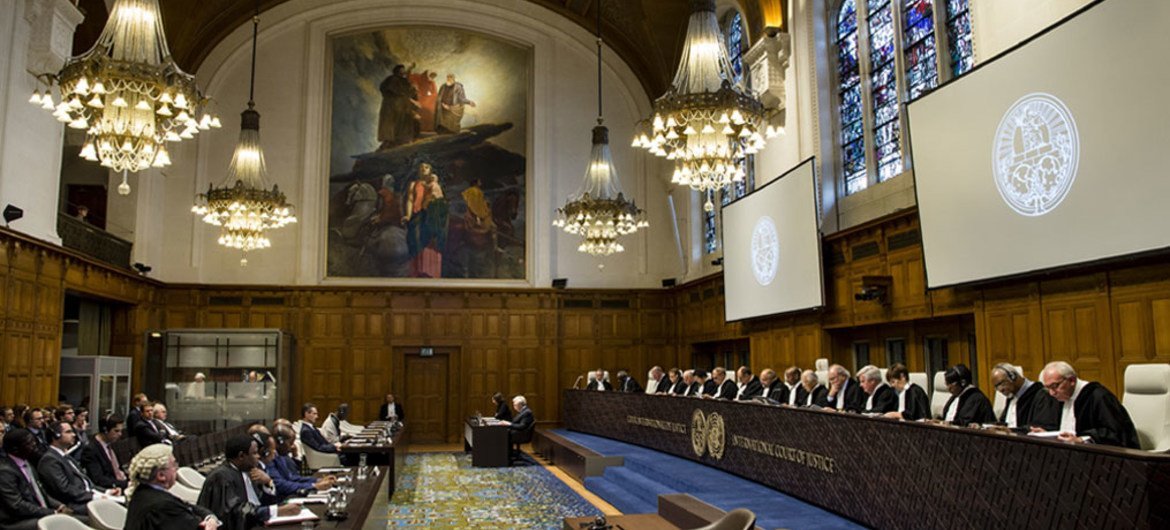On June 6, the first court hearings on the merits of Ukraine's claim against Russia were held at the International Court of Justice in The Hague. The lawsuit relates to Russia's alleged violations of two international conventions - the Convention on Combating the Financing of Terrorism and the Convention on the Elimination of All Forms of Racial Discrimination. At the end of the first day of hearings, the Ambassador of the Ministry of Foreign Affairs of Ukraine, Anton Korinevych, called the meeting in The Hague the culmination of six years of work. This is the first case initiated by Ukraine against Russia, which has finally reached the stage of substantive consideration in the international court, the ambassador said.

The hearings will continue on June 8, 12, and 14, and the verdict will be issued at the next stage. It is expected that the International Court of Justice will take several months to reach a decision. Compliance with the decision of the international court is mandatory for both parties, Russia and Ukraine.
On June 6, Ukraine presented its evidence to fifteen judges in The Hague. In the first part of the hearing, lawyers discussed the actions of pro-Russian separatists in Donbas that led to the death and injury of civilians, including the downing of a Malaysian Boeing aircraft in Donbas in 2014, the shooting of residential areas in Kramatorsk and Mariupol, and the bombing of a passenger bus near Volnovakha. Evidence of bombings during a protest in Kharkiv and incidents of violence in a nightclub was also presented.
Ukrainian claims that these events occurred because of Russia's deliberate provision of weapons to the separatists in Donbas, and refusal to cooperate with Kyiv in the investigation of the financing of separatist armed groups. The counterarguments presented by the Russian Federation in writing were called “incompatible with reality and not supported by evidence" by Ukraine’s legal representative, Clovis Trevino.
“Russia has not taken practical measures to prevent terrorist attacks," says lawyer Clovis Trevino.
The second part of the trial accuses Russia of systematic racial discrimination against Crimean Tatars and ethnic Ukrainians in annexed Crimea, including kidnappings, murders, extrajudicial searches, and detentions, as well as restrictions on teaching the Ukrainian and Crimean Tatar languages.
Comments (0)